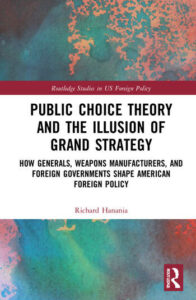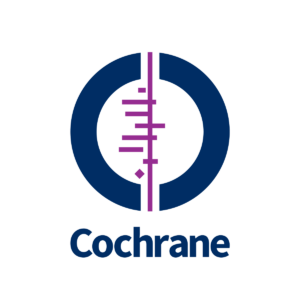A link on Reddit claimed that exercise could be an effective treatment for depression. I felt it necessary to comment that:
Exercise does not have a causal effect on depression or happiness according to twin-control studies (1, 2).
Another person replied with a meta-analysis which I then took a look at. It showed a large effect, apparently giving inconsistent results with the twin studies.
- Josefsson, T., Lindwall, M. and Archer, T. (2014), Physical exercise intervention in depressive disorders: Meta‐analysis and systematic review. Scand J Med Sci Sports, 24: 259–272. doi:10.1111/sms.12050 (PUBMED link)
My reply:
I skimmed the meta-analysis you found. It’s here for readers without academic access.
As you can see, it included all kinds of studies, but they were generally small (Table 2+3). There was no analysis of publication bias. Very strange given the ubiquity of this problem. As I reviewer I would not approve a meta-analysis of this sort without an analysis of publication bias.
Luckily, a simply method (funnel plot) of checking publication bias can be applied to the studies given in Figure 1. Here’s the data and the plot.
As you can see, the smaller studies tended to report larger effect sizes in line with publication bias hypothesis. The effect was very strong as you can see, r=-.758.
Perhaps this inconsistency can be solely explained by publication bias.
Update 2015-09-28:
A new study made the light of the day on Reddit. Since I had already examined this issue, I wrote a reply stating that the evidence indicates that exercise does not work as a treatment for depression. In line with the usual tactics, stating that something doesn’t work is a sure way to get down-voted.
More strangely, a user tried to counter my post (this one) with the citation of another meta-analysis, which turned out to be older and also doesn’t have any analysis of publication bias!
- Rethorst, C. D., Wipfli, B. M., & Landers, D. M. (2009). The antidepressive effects of exercise. Sports Medicine, 39(6), 491-511. PUBMED.
The two cited twin studies:
- Stubbe, J. H., De Moor, M. H. M., Boomsma, D. I., & De Geus, E. J. C. (2007). The association between exercise participation and well-being: a co-twin study. Preventive medicine, 44(2), 148-152.
- De Moor, M. H., Boomsma, D. I., Stubbe, J. H., Willemsen, G., & de Geus, E. J. (2008). Testing causality in the association between regular exercise and symptoms of anxiety and depression. Archives of General Psychiatry, 65(8), 897-905.

